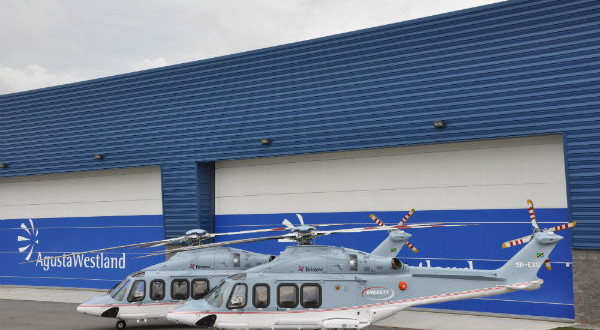Everett Aviation leases first S-92A from Lobo Leasing

East-African operator Everett Aviation has signed a lease deal for one new Sikorsky S-92A helicopter with Lobo Leasing. The S-92A is the first Sikorsky aircraft in the company’s fleet.
The helicopter will support Everett’s oil and gas and utility operations in East Africa.
The utility configured aircraft features a rapid change interior capable of handling cargo, carrying passengers or providing medical evacuation support.
It will initially be based at Everett’s regional headquarters facility in Dar es Salaam, Tanzania.
“We’re delighted to be introducing the S-92A to the Everett fleet. Many regions across sub-Saharan Africa are seeing a tremendous boom in infrastructure and civil engineering projects, and our new S-92A is ideally suited to supporting those missions,” says Simon Everett, CEO, Everett.
“This particular helicopter is equipped with a highly versatile utility interior, which can seat up to 19 passengers in standard configuration or mix passengers with stretchers or cargo in a combined configuration. We also see opportunities for the S-92A in the offshore role in our region, and we plan to offer that configuration to our clients soon,” Everett adds.
Sikorsky says it has delivered more than 300 production S-92 helicopters since 2004. In 2018, the fleet flew 175,000 hours, a record for the fleet, contributing to a total of nearly 1.5 million hours flown.
Why Tanzania is a market to watch
At present Tanzania’s gas comes from on-shore fields. Though about a dozen exploration wells are being drilled off-shore. Further south there’s more gas coming from off-shore wells in Mozambican waters and the idea is that these will be repeated off Tanzania.
One of the problems with foreign investment in Tanzanian minerals (including oil and gas) has been the regulation that 51% ownership of projects should be in the hands of Tanzanian nationals (either individuals or companies) . It was announced this week that the percentage ownership requirement was to be cut to 20%. which should boost foreign investment in natural resources.






